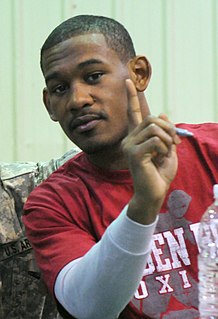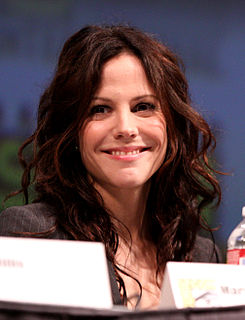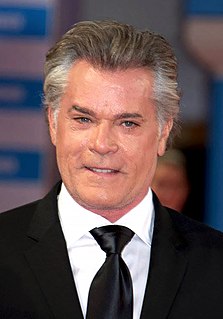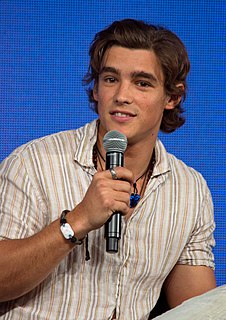A Quote by Michel Hazanavicius
I chose the American ones, more or less the last five years of the silent era, because those are the ones that aged the best in the way they tell the story. One, it's about human beings with context. It's a very classical story with feelings, with laughter, melodrama and it really works, the good ones - Murnau's American movies, John Ford's Four Sons, King Vidor's The Crowd, or the (Josef) von Sternberg movies. You can watch it now and it still works. I mean they are really, really good pieces so this is where I tried to work.
Quote Topics
About
Aged
American
American Movie
Because
Beings
Best
Chose
Classical
Context
Crowd
Era
Feelings
Five
Five Years
Ford
Four
Good
Good Ones
Human
Human Being
Human Beings
John
King
Last
Last Five Years
Laughter
Less
Mean
Melodrama
More
More Or Less
Movies
Now
Pieces
Really
Silent
Sons
Still
Story
Tell
Those
Tried
Very
Von
Watch
Way
Work
Works
Years
Related Quotes
I watched a lot of movies from all over the world. The Russians were very good at editing. They were specialists in editing. The Man with a Camera, if you know that movie, is incredible. I still don't understand how it works. It's a movie with no script, no actors and still it works. It's really good. It's really about editing.
It's been reinforced to me, and it's a little cliche, but I've learned that you can't make a movie that even works, much less that's good, without really good writing and really good acting. That lesson has led me to not be distracted, so much, by the other stuff going on in filmmaking and to focus on the essence of a story, and the words and the events and the way that those are interpreted by the actors. That philosophy has taken me to a place that I really like.
Yeah, when you work with somebody that famous everybody wants to know what are they like or - but I know some of the movies that I know because they're more like NOBODY'S FOOL or like that, because I don't really watch the big R movies, I haven't really seen them so much. I loved him [Bruce Willis] from his TV show and some of the smaller movies he's done. The bigger movies I start to space out in, like, there just so, I don't really watch those kind of movies so much.
I thought 'The Artist' was a perfect way to find a good balance. The artistic challenge is obvious because the film is black-and-white and its silent, but I did my best to make the movie accessible and easy to watch. I really don't want to make elitist movies. I really try hard to work for the audience. Audiences are smart. They get everything.
The technology is really where all of the changes have taken place, but the fundamentals of a good story being the basis of every good picture, and really the only basis still remains the rule, more so today, I think, because we've unfortunately weaned an audience from birth to kind of mindless movies.
It's a really unique situation where you just - you make independent films or you make big blockbuster movies, but it's very rare when all of those ingredients come together, and you can really tell a story that you care about with a character you absolutely love with the people you love making movies with.
I don't like my movies. I prefer John Ford's movies. I've made some movies that are interesting, or that have some point, or are more or less beautiful. But I've never made anything big to me, from my point of view. "Big" like John Ford or someone of that kind. I say John Ford because he is my favorite director.
The fact that Edward Snowden didn't approach the New York Times hurt a lot. It meant two things. Morally, it meant that somebody with a big story to tell didn't think we were the place to go, and that's painful. And then it also meant that we got beaten on what was arguably the biggest national security story in many, many years. Not only beaten by the Guardian, because he went to the Guardian, but beaten by the Post, because he went to a writer from the Post. We tried to catch up and did some really good stories that I feel good about. But it was really, really, really painful.
I didn't want to be on screen not nailing an American accent. It's an insult to an American! There are plenty of great American actors who can already do an American accent, so me, coming in and stealing their roles, the one thing I have to perfect is the accent. So for years I practiced. And we're lucky because the whole world is raised on a library of American movies. I would pretend to be Jim Carrey, and, I say Robin Williams now because he's in my mind, but those actors really inspired us to be crazy and be theatrical.
I think American films right now are suffering from an excess of scale. Lots of movies we're seeing now are more akin to video games than stories about human life and relationships. Twelve- to 20-year-olds are maybe the largest economic force in the US movie business. I'm not a very nostalgic person - but I enjoy a good story.


































